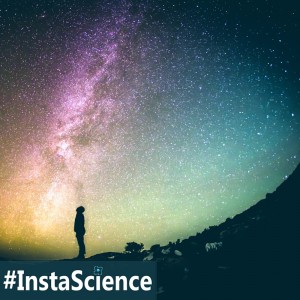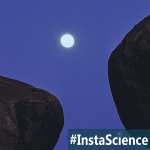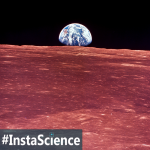What? You have never heard of Look up in the Sky Day? Well, neither had I until I made it a point to learn about strange holidays this year. Apparently Look up in the Sky Day is celebrated every April 14th and we are going to spend a bit of time tonight looking at the constellations. The Big Dipper is hands-down one of the easiest constellations to recognize in the night sky. It’s … [Read more...]
InstaScience at Elemental Blogging
Your home for digital nature study resources and teaching science at home tips!







Join the Community!